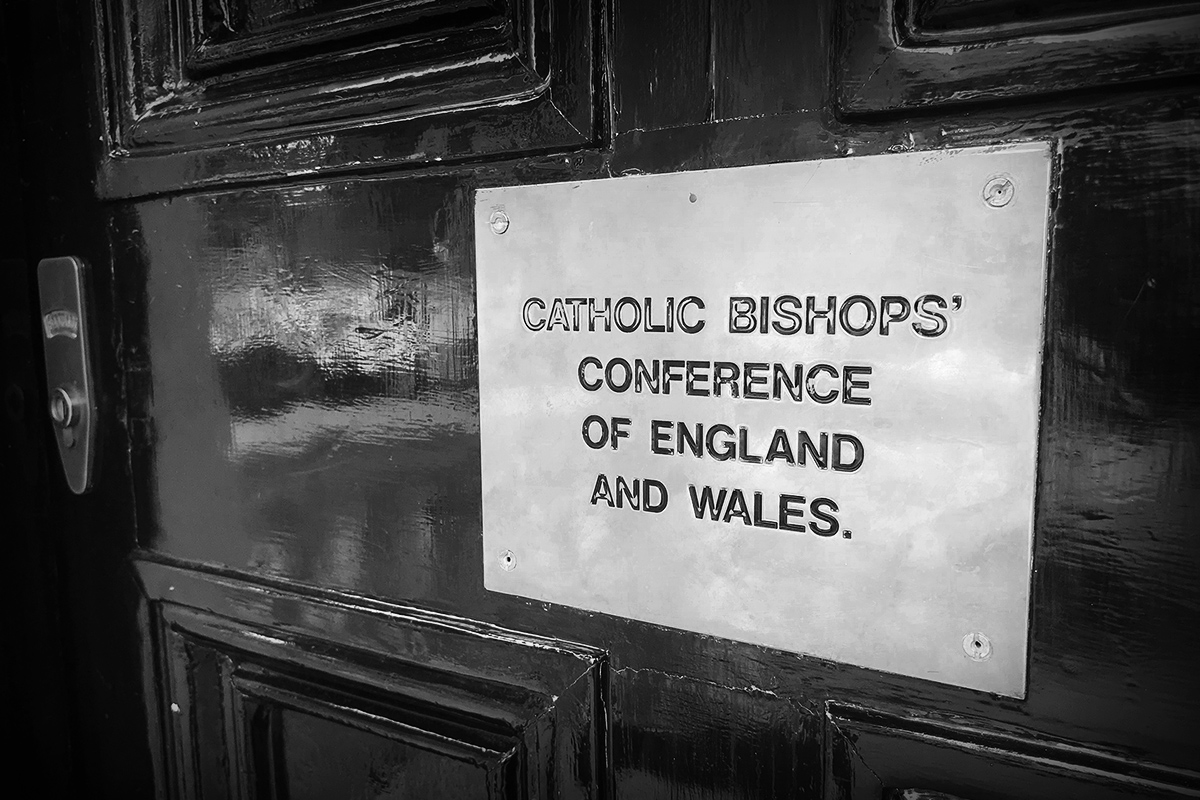
Community Sponsorship is a way to welcome and resettle refugees, putting local communities at the heart of a family’s journey to a new life in the UK.
The community assumes responsibility for a refugee family, from first arrival through to settled independence as part of their local community.
The two-year programme comprises three main elements:
Housing – Find and prepare a suitable, affordable family home
Funding – Raise a support fund to cover additional needs
Support – Plan and deliver a programme of resettlement support
After security screening, medical checks and initial preparation about life in the UK, sponsored families arrive with full refugee status and the right to work, school places, free healthcare, English tuition (ESOL) and State benefits.
The scheme is inspired by a Canadian model which has successfully resettled around 300,000 refugees since it began in 1978.
Frequent and intensive support by a committed group of volunteers
Families benefit from the rich social capital of a whole community
Strong bonds of friendship, mutual understanding and empathy
Shared motivation and commitment to successful resettlement
“The community sponsorship scheme personalises a huge, human drama, by enabling local communities to welcome and support refugees in a real and tangible way. This scheme opens a path for people to respond with compassion, providing welcome and integration, and should be taken up as widely as possible.” – Cardinal Vincent Nichols
In November 2016, St Monica’s, Flixton, in the Diocese of Salford, became the first Catholic parish to welcome a Syrian family under the scheme, with many more groups now following their lead.
Caritas Salford has been involved from the inception of the scheme and one of the first communities in the UK to sponsor a refugee family was the parish of St Monica’s in Flixton, Manchester.
You can download a more detailed guide to the scheme:
Introduction: Community Sponsorship
To arrange a discussion about the scheme, and for any further information, please send an email to admin@csan.org.uk
Catholic parishes and groups can contact their local diocesan coordinator or diocesan Caritas office.
Links
csan.org.uk/community-sponsorship
Section on the Caritas Social Action Network website for the Community Sponsorship Scheme
gov.uk
Information on the government’s full community sponsorship scheme
gov.uk/setting-up-charity/register-your-charity
Government information on how to set up and register a charity
gov.uk/government/organisations/office-of-the-regulator-of-community-interest-companies
Information on how to set up and register a Community Interest Company (CIC)
esolcourses.com
Information on ESOL – English for Speakers of Other Languages
littlebridge.com
The online language company, Little Bridge, has pledged free access to Syrian Refugees. It is geared towards children, but adults could make use of it as well.
lha-direct.voa.gov.uk
A postcode-specific search engine for Local Housing Allowance Rates
gov.uk/housing-benefit/what-youll-get
Information on Housing Benefit
gov.uk/universal-credit
Information on Universal Credit
nspcc.org.uk
NSPCC guidance on writing a safeguarding policy for children
scie.org.uk/adults/safeguarding
The Social Care Institute for Excellence (SCIE) offer a free online adult safeguarding course as well as other safeguarding resources
gov.uk/disclosure-barring-service-check
The gov.uk website has information on eligibility for Disclosure and Barring Service checks
somerset.gov.uk
Your local authority may have online resources for writing a safeguarding policy. Here’s an example from Somerset County Council.